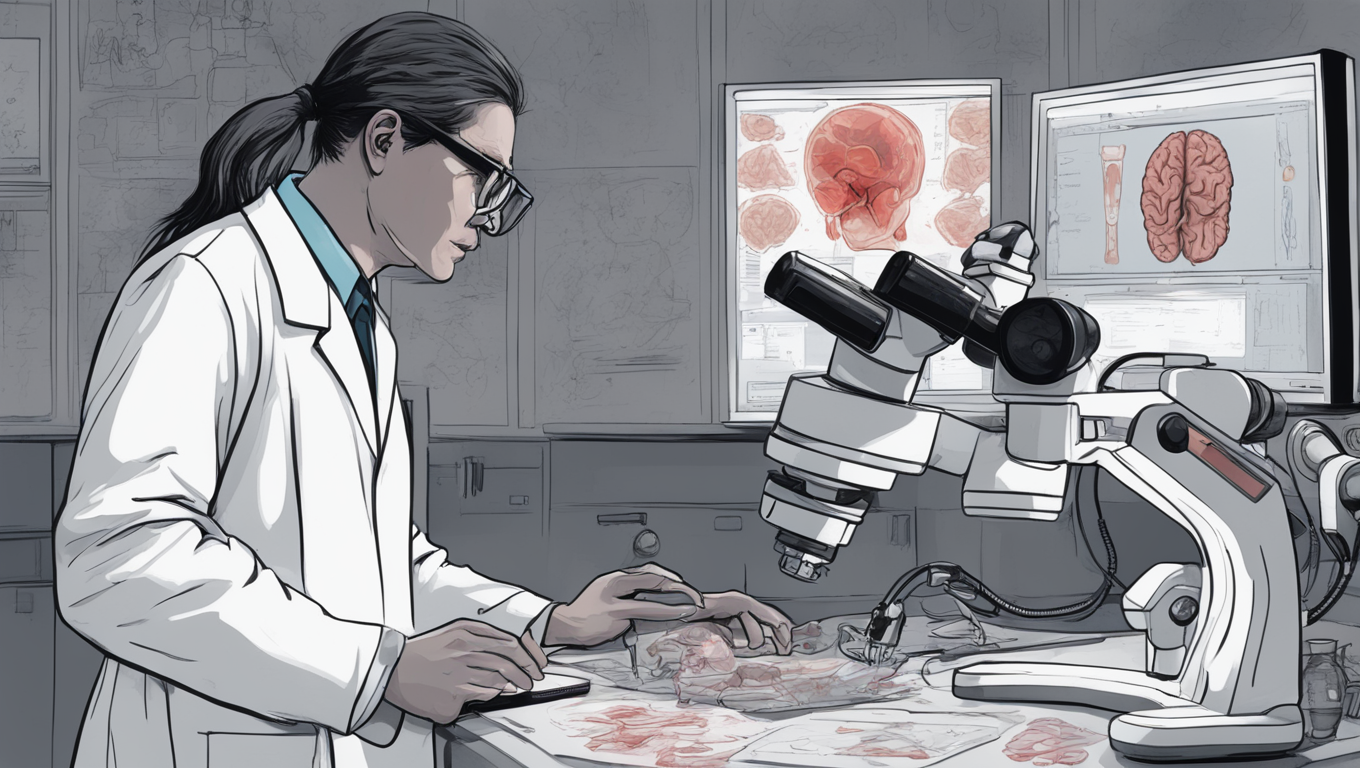Chinese scientists have made a groundbreaking discovery in the field of dementia research, using artificial intelligence (AI) to predict a patient’s risk up to 15 years before symptoms manifest by analyzing a blood sample. The team utilized a database of over 50,000 individuals to identify proteins linked to different types of dementia and created a predictive model with the help of AI. This data-driven strategy enabled the scientists to “innovatively identify important plasma biomarkers for future dementia prediction,” as stated in a paper published in the peer-reviewed journal Nature Aging.
The use of AI was cited as a key factor in the success of this research, with study author and neurology professor Yu Jintai explaining, “The machine learning algorithm played a crucial role in this research, with powerful pattern recognition and prediction capabilities, allowing for more efficient screening of the large-scale data set.” By employing the light gradient boosting machine algorithm, the team was able to determine which proteins and combinations were most closely related to dementia risk.
The study focused on proteins that began changing in expression up to a decade before the clinical onset of dementia. The final predictive model combined data on a protein called GFAP, which was found to be associated with more than double the risk of dementia, with demographic information such as age and sex. Remarkably, the model showed promise in accurately predicting future dementia diagnoses, even more than 10 years prior.
Early diagnosis and intervention are crucial in managing dementia, and this breakthrough has the potential to revolutionize the field. Being able to identify individuals at risk of developing the disease before symptoms appear could lead to timely interventions and improved outcomes. Furthermore, the authors of the paper emphasize that this blood-based diagnostic tool offers considerable cost benefits compared to imaging scans or spinal taps currently used to screen for disease risk.
However, the study does have some limitations. More than 90% of the subjects in the database were of white ethnicity, making the results less representative of the global population. Additionally, the proteins examined do not encompass the entire human proteome. To overcome these limitations, the team plans to conduct research on a cohort of Chinese individuals, allowing them to explore similarities and differences with the British-based database.
This groundbreaking research extends beyond the scope of dementia and has the potential to impact other brain-related conditions. Yu revealed that the team is utilizing the biobank to investigate conditions such as depression and Parkinson’s disease, providing clues for the development of new treatments and intervention strategies.
The integration of AI and proteomics research has paved the way for substantial advancements in the field of dementia prediction. By accurately identifying proteins associated with future dementia risk, this breakthrough has the potential to revolutionize diagnosis and intervention, ultimately improving outcomes for individuals at risk of developing the disease. With further research and development, societies around the world may soon benefit from early detection and effective management of dementia.





Use the share button below if you liked it.